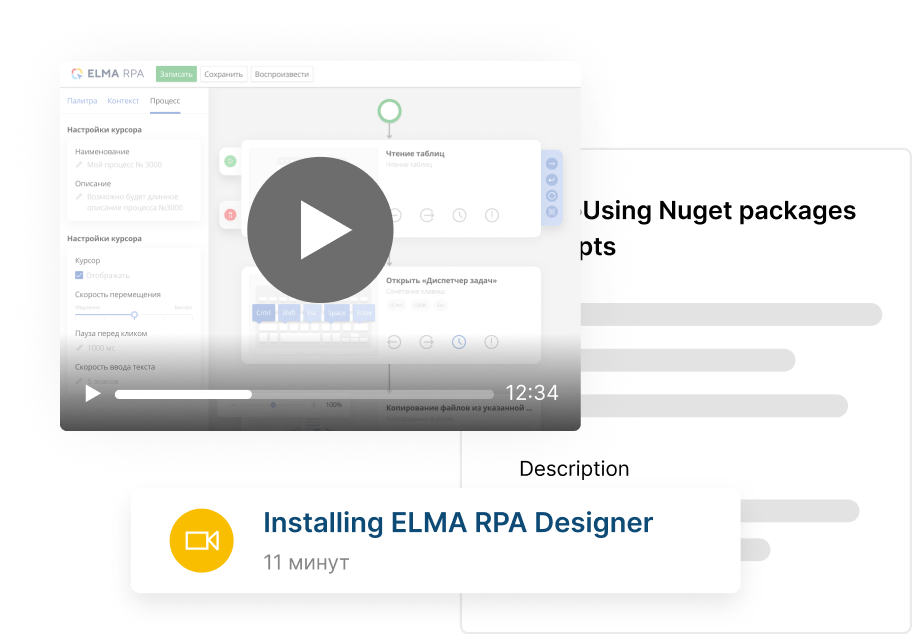Fill in the form to register
Check your Inbox!
Check your email
It looks like the service is not available at the moment
Try again later
To start your free trial, please fill out the form
Check your Inbox!
Check your email
It looks like the service is not available at the moment
Try again later
Для входа в демо-стенд заполните форму
Check your Inbox!
Check your email
It looks like the service is not available at the moment
Try again later
Contact us
Thank you for contacting us!
Our customer care specialist will contact you soon to clarify the details.
It looks like the service is not available at the moment
Try again later
Fill in the form to schedule a presentation
Thank you for requesting a presentation
Our team member will contact you in one business day.
It looks like the service is not available at the moment
Try again later
Fill in the form to schedule a presentation
Thank you for requesting a presentation
Our team member will contact you in one business day.
It looks like the service is not available at the moment
Try again later
Чтобы получить ELMA RPA в подарок, заполните форму
Thank you for requesting a presentation
Our team member will contact you in one business day.
It looks like the service is not available at the moment
Try again later
Become partner
Thank you for contacting us!
Our customer care specialist will contact you soon to clarify the details.
It looks like the service is not available at the moment
Try again later
Request Enterprise pricing
Check your Inbox!
Our customer care specialist will contact you soon to clarify the details.
It looks like the service is not available at the moment
Try again later
Request Private Cloud pricing
Check your Inbox!
Our customer care specialist will contact you soon to clarify the details.
It looks like the service is not available at the moment
Try again later
Request BRIX On-Premises
Check your Inbox!
Our customer care specialist will contact you soon to clarify the details.
It looks like the service is not available at the moment
Try again later
Check your Inbox!
Our customer care specialist will contact you soon to clarify the details.
It looks like the service is not available at the moment
Try again later
To start your free trial, please fill out the form
System download link sent.
Check your e-mail
It looks like the service is not available at the moment
Try again later
To help you master the system, we created free learning materials that cover the setup and operation of BRIX RPA.
 Start learning
Start learningFind out the cost of BRIX RPA for your company
Request successfully sent, check your e-mail.
It looks like the service is not available at the moment
Try again later
Запросить цену
Check your Inbox!
Our customer care specialist will contact you soon to clarify the details.
It looks like the service is not available at the moment
Try again later
Запросить цену
Check your Inbox!
Our customer care specialist will contact you soon to clarify the details.
It looks like the service is not available at the moment
Try again later
Buy
The following companies are available for you.
To purchase, select a company from the list:
Sign in
Book a demo and get your 1-hour personal training
Check your Inbox!
Your demo has been scheduled for To join the Zoom meeting, follow the link that we sent to your email address.
It looks like the service is not available at the moment
Try again later
Download our free questionnaire and choose the right platform for your business!
Download for freeIt looks like the service is not available at the moment
Try again later